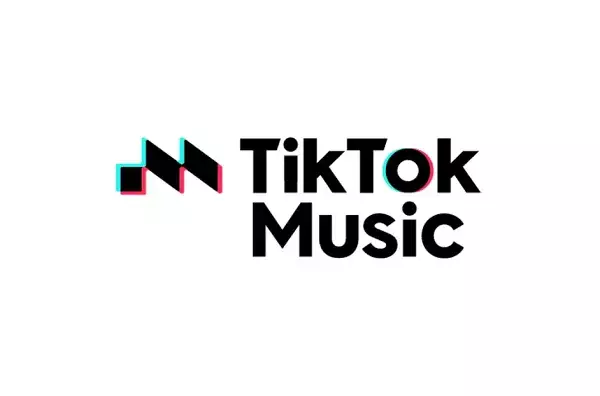In a move that may hardly send ripples through the expansive ocean of digital music streaming, TikTok has announced the cessation of its separate streaming app, TikTok Music. This decision, driven by myriad operational obstacles and a paltry user base, illustrates the fierce competition within an already saturated market. TikTok Music, which launched as Resso in India back in 2019, initially embarked on a promising path but ultimately failed to capture the hearts and ears of listeners in key regions, leading to its impending closure by the end of November 2024.
The birth of TikTok Music originated from a period when the parent company ByteDance saw potential in tapping into the growing demand for audio content alongside its popular short-video platform. Early adoption of the app in India coincided with TikTok’s explosive growth in the market. Surprisingly, while TikTok faced a ban in India in 2020 due to political tensions and security concerns, Resso managed to slip under the radar without facing similar restrictions. However, this early advantage did not translate into lasting popularity or user engagement. In fact, the app quickly struggled to compete with established giants like Spotify and Apple Music, which dominated the audio streaming landscape.
As Resso transitioned to TikTok Music, the rebranding appeared to coincide with a strategic attempt to leverage TikTok’s brand equity. However, this shift may have inadvertently contributed to its decline in India, where users began to draw distinctions between popular international platforms and TikTok’s localized efforts. The lack of substantial growth was compounded by various music licensing disputes that further hindered TikTok’s attempts to redefine its streaming service.
Despite TikTok Music’s brief existence in other regions such as Brazil and Indonesia, the app’s ineffectiveness could not escape scrutiny. TikTok Music’s struggles are emblematic of broader market challenges faced by newer entrants looking to carve a niche in an environment that has long favored incumbents. As the platform extended its reach to select users in Australia, Mexico, and Singapore, it became painfully clear that sustaining user interest was a formidable task. Analysts have noted that while TikTok excelled at driving music discovery through its main app—exposing users to emerging artists and viral trends—it faltered when trying to pivot into a full-fledged streaming service.
Thus, it comes as no surprise that TikTok has decided to refocus its energies toward enhancing its main application rather than continuing the uphill battle against formidable competitors. In an official statement, TikTok acknowledged the closure, indicating that its aim is to bolster music listening experiences on its existing platform for the benefit of artists and fans alike.
The shutdown of TikTok Music will not prompt seismic shifts within the broader music industry, primarily because the service had barely made its mark. For established music streaming platforms, the closure serves as a reminder of the importance of staying attuned to user preferences and market dynamics. TikTok itself will likely continue to play a pivotal role in music promotion, often acting as a launchpad for songs to virally gain popularity. The interconnected nature of TikTok and the music industry suggests that while TikTok Music will disappear, its legacy may persist through the continued synergy between the app’s content and emerging musical trends.
The ability for users to transfer playlists until late October and request refunds showcases a degree of foresight regarding the user experience, even in failure. However, the subsequent deletion of user data raises concerns over user trust and data security—a critical aspect of user retention that platforms must prioritize moving forward.
A Lesson in Adaptation
Ultimately, TikTok’s decision to shutter its music service reflects the harsh realities of digital innovation. In the fast-paced world of social media and streaming, success often hinges on adaptation and an understanding of user engagement. While TikTok Music may remain a historical footnote in TikTok’s narrative, the lessons learned from this endeavor will undoubtedly inform its strategic direction and enhance its main objectives in the music realm. The path forward for TikTok lies in refining its key offerings and ensuring its unique ability to shape musical trends remains uncompromised amid the complexities of an evolving digital landscape.


Leave a Reply